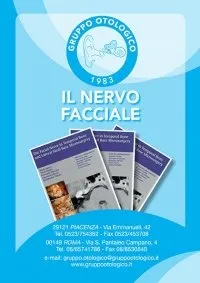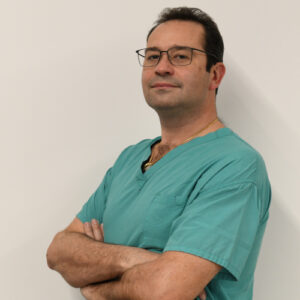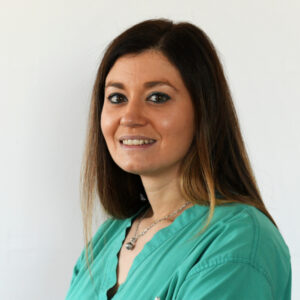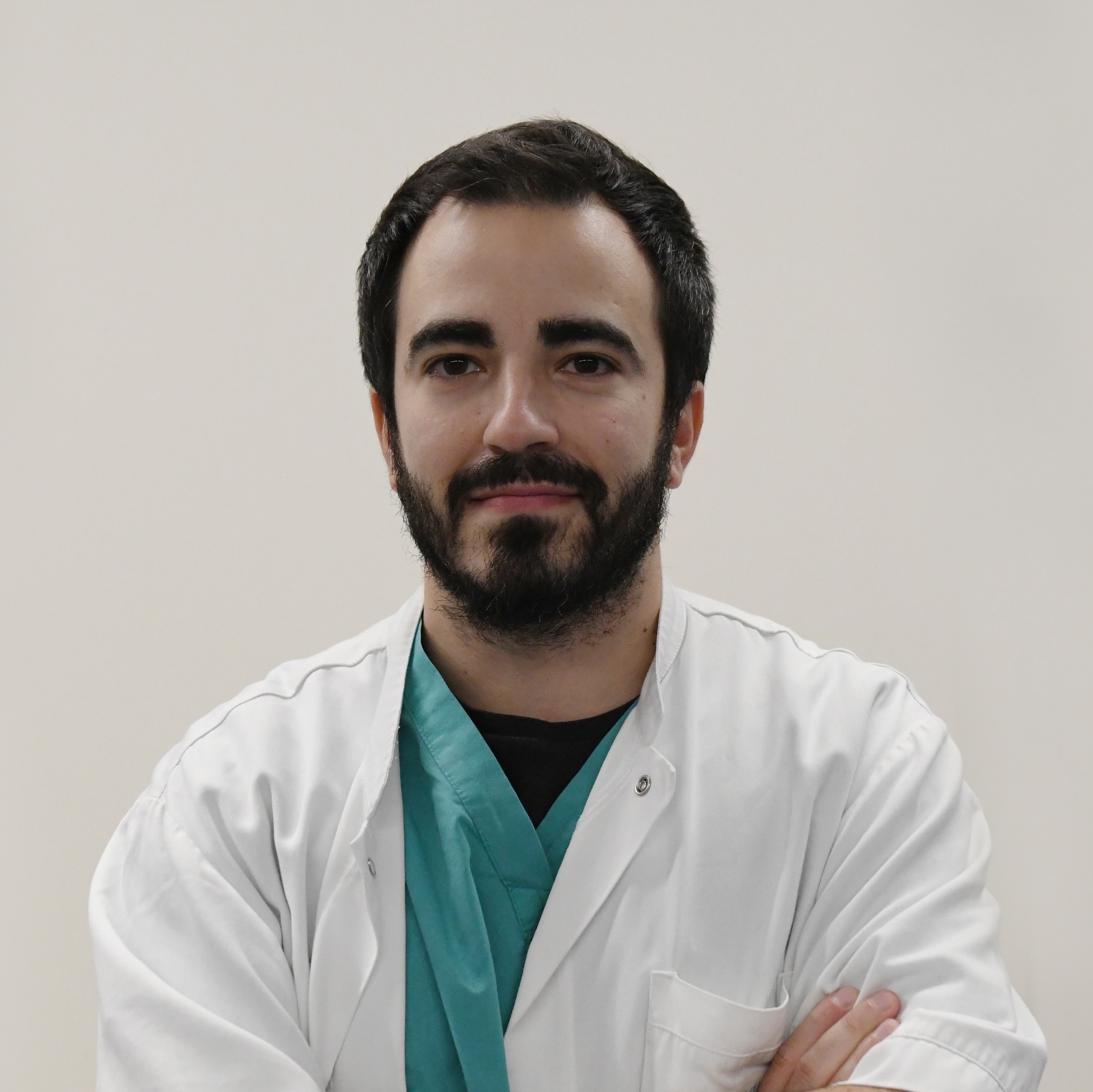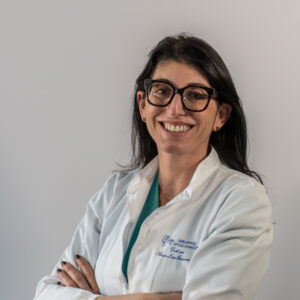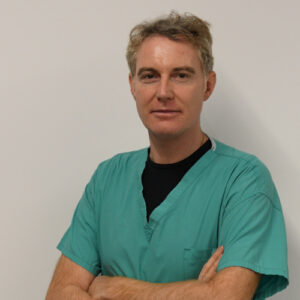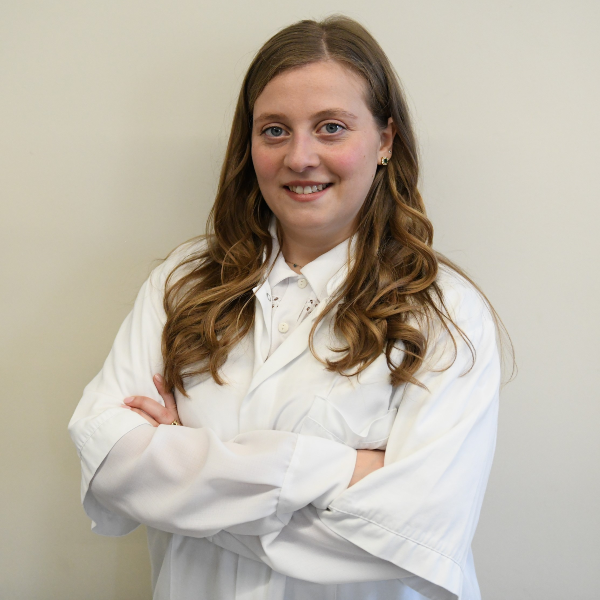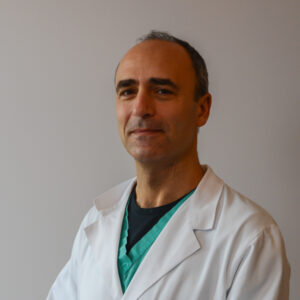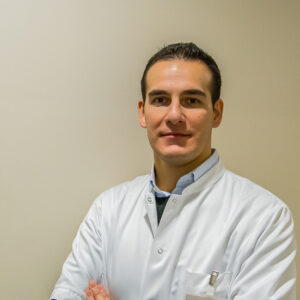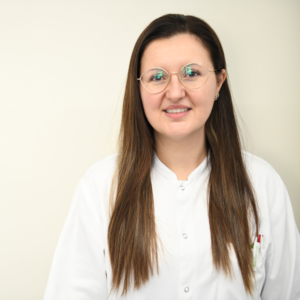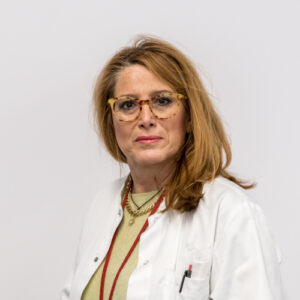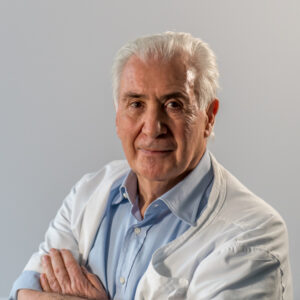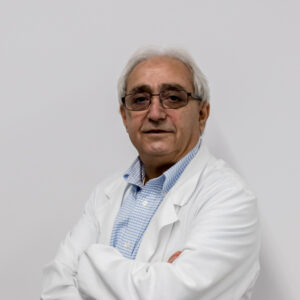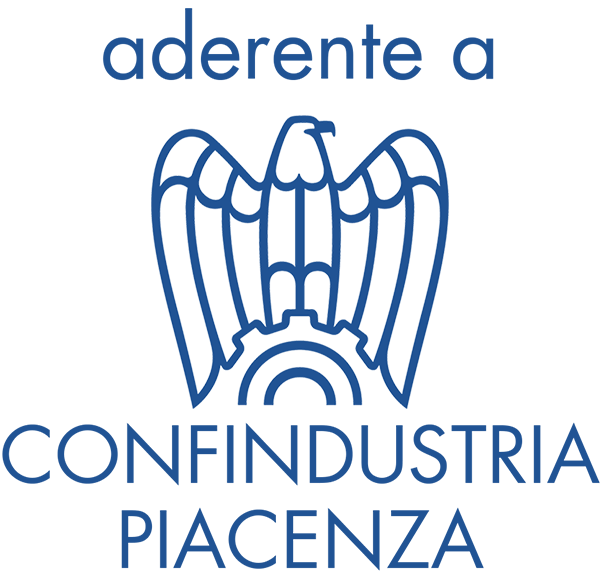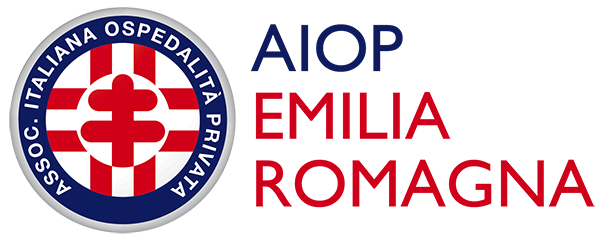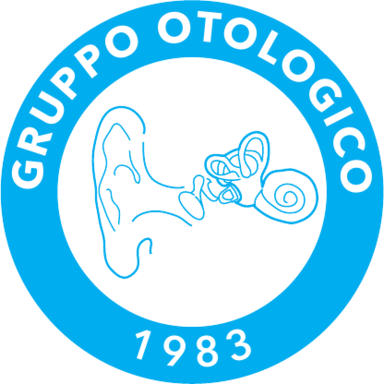Facial nerve paralysis
The facial nerve paralysis, or facial paralysis, is a neurological condition that causes loss of control of the facial muscles – preventing the face from assuming facial expressions – and occurs as a result of damage to the facial nerve.
WHAT IS THE FACIAL NERVE?
The facial nerve is a cranial nerve called the seventh cranial nerve.
The facial nerve originates in the brainstem, through the pontocerebellar angle, enters the internal auditory canal and then follows a tortuous path within the petrous part of the temporal bone and the mastoid. Fuoriesce poi dall’osso diventando extracranial, then enters the parotid gland and gives off main branches that innervate the hemiface from the forehead to the chin and neck.
The facial nerve thus allows a person to have facial expressions: smiling, crying, opening and closing the eyes, grimacing, and every facial expression that characterizes us as humans.
WHAT IS FACIAL NERVE PARALYSIS?
The Facial nerve paralysis is the paralysis that prevents the face from assuming facial expressions.
It is therefore a serious condition that has significant physical and psychological consequences.
WHAT ARE THE CAUSES OF FACIAL NERVE PARALYSIS?
The causes of facial nerve paralysis can be multiple.
Among the causes of paralysis are:
- traumas such as major accidents (at workplaces, on the road, explosions) known as community acquired traumas;
- intrinsic tumors of the facial nerve;
- procedures such as neurinomas, meningiomas, paragangliomas, cholesteatomas of the petrous bone, malignant tumors of the middle ear, middle ear surgery (cholesteatoma) and other middle ear procedures involving the area;
- tumors of the parotid gland, benign or malignant.
WHAT ARE THE SYMPTOMS OF FACIAL NERVE PARALYSIS?
The main symptom of facial nerve paralysis is the lack of movement in the hemiface (lack of expression in half of the face). Other symptoms are related to the specific conditions causing the facial nerve paralysis.
HOW CAN FACIAL NERVE PARALYSIS BE TREATED?
The treatment of facial nerve paralysis depends on the condition that caused it (facial nerve neurinoma, petrous bone cholesteatoma, malignant tumor of the external auditory canal, as well as secondary causes such as surgical procedures of the middle ear and cranial base).
Regarding complications, the risks and complications of facial nerve paralysis refer to the specific risk of the condition that caused it.
FOLLOW-UP OF FACIAL NERVE PARALYSIS
Following the procedure, special attention must be paid to the care of the eye, to protect it from infectious agents. Bisogna infatti procurare una adeguata chiusura dell’occhio con misure supportive e di protezione quali External eyelid weight maintained by special adhesives.
Regular use of lubricants is also important to prevent corneal lesions
. Tale misura di protezione è temporanea, ed ha una durata pari a qualche mese o al recupero della nerve functionality.
In case of insufficient eyelid closure after this period, a minor surgery is performed to insert a small weight inside the upper eyelid.
THE EXPERIENCE OF THE GRUPPO OTOLOGICO IN THE CARE AND TREATMENT OF FACIAL NERVE PARALYSIS
The Gruppo Otologico has one of the highest international case records in the treatment of facial nerve paralysis. Some numbers from our case records:
- 200 facial nerve tumors;
- 300 cholesteatomas of the petrous bone;
- over 200 ear carcinomas;
- about 300 meningiomas of the cerebellopontine angle;
- over 300 parotid tumors;
- about 100 post-traumatic facial paralysis;
- over 300 cases of treatment of paralysis following acoustic neuroma surgery;
- about 300 paragangliomas;
- about 400 parotid tumors.
VIDEO
The Facial Nerve in Temporal Bone and Lateral Skull Base Microsurgery book
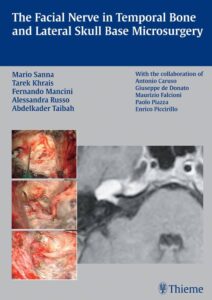
This richly illustrated atlas provides comprehensive coverage of the surgical treatment of facial nerve and facial nerve tumours in diseases affecting the temporal bone and lateral skull base.
The surgical treatment and the various operative procedures involved are described step-by-step using colour images of exceptional quality from a collection of over 1700 skull base surgery cases and 18000 middle ear surgery cases.
The expert authors discuss the management of the facial nerve in various pathologies, the facial nerve in cholesteatoma of the Rocca Petrosa, the management of the facial nerve in vestibular schwannomas and meningiomas, and the management of the facial nerve in glomus tumours and middle ear carcinomas.
Main features:
The opening chapters are dedicated to the anatomy of the facial nerves, radiology, operating room preparation, and intraoperative monitoring of the facial nerve, which represent the necessary knowledge before considering surgery. The following chapters focus on the repair and restoration techniques of the facial nerve, and offer comprehensive coverage of facial nerve tumors. The book has also been translated into Spanish.
Doctors
Dott. Antonio Caruso
Otorinolaringoiatria, Otologia, Neurotologia, Chirurgia della Base Cranica, Chirurgia Endoscopica dei Seni Paranasali
Dott.ssa Vittoria Di Rubbo
Otorinolaringoiatria, Otologia, Chirurgia della Base Cranica, Neurotologia e Chirurgia Endoscopica dei Seni Paranasali
Dott. Giuseppe Fancello
Otorinolaringoiatria, Otologia, Neurotologia, Chirurgia della Base Cranica, Chirurgia Endoscopica dei Seni Paranasali, Laringologia
Dott.ssa Anna Lisa Giannuzzi
Otorinolaringoiatria, Otologia, Neurotologia, Chirurgia della Base Cranica, Vestibologia
Dott. Lorenzo Lauda
Otorinolaringoiatria, Otologia, Neurotologia, Chirurgia della Base Cranica, Chirurgia Endoscopica dei Seni Paranasali, Chirurgia Riabilitativa del Nervo facciale
Dott. Enrico Piccirillo
Otorinolaringoiatria, Neurotologia, Chirurgia della Base Cranica, Chirurgia Endoscopica dei Seni Paranasali, Oncologia Testa-Collo
Dott. Gianluca Piras
Otorinolaringoiatria, Otologia, Neurotologia, Chirurgia della Base Cranica, Chirurgia Endoscopica dei Seni Paranasali
Dott.ssa Alessandra Russo
Otorinolaringoiatria, Otologia, Neurotologia, Chirurgia della Base Cranica, Chirurgia Ricostruttiva del Padiglione Auricolare
Prof. Mario Sanna
Otorinolaringoiatria, Otologia, Neurotologia, Chirurgia della Base Cranica
Dott. Abdelkader Taibah
Otorinolaringoiatria, Otologia, Neurotologia, Chirurgia della Base Cranica
contacts
Via Morigi, 41
29122, Piacenza (PC)
Tel. (+39) 0523.751280
WhatsApp – 389.2625175
ufficio.privati@casadicura.pc.it

